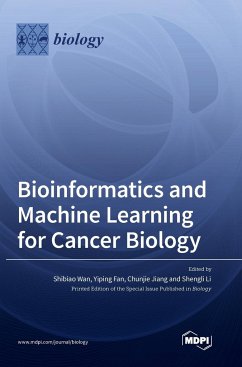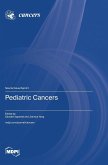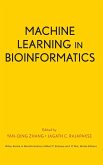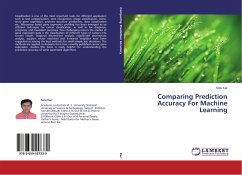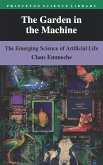Cancer is a leading cause of death worldwide, claiming millions of lives each year. Cancer biology is an essential research field to understand how cancer develops, evolves, and responds to therapy. By taking advantage of a series of "omics" technologies (e.g., genomics, transcriptomics, and epigenomics), computational methods in bioinformatics and machine learning can help scientists and researchers to decipher the complexity of cancer heterogeneity, tumorigenesis, and anticancer drug discovery. Particularly, bioinformatics enables the systematic interrogation and analysis of cancer from various perspectives, including genetics, epigenetics, signaling networks, cellular behavior, clinical manifestation, and epidemiology. Moreover, thanks to the influx of next-generation sequencing (NGS) data in the postgenomic era and multiple landmark cancer-focused projects, such as The Cancer Genome Atlas (TCGA) and Clinical Proteomic Tumor Analysis Consortium (CPTAC), machine learning has a uniquely advantageous role in boosting data-driven cancer research and unraveling novel methods for the prognosis, prediction, and treatment of cancer.
Hinweis: Dieser Artikel kann nur an eine deutsche Lieferadresse ausgeliefert werden.
Hinweis: Dieser Artikel kann nur an eine deutsche Lieferadresse ausgeliefert werden.

